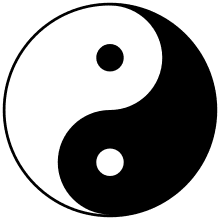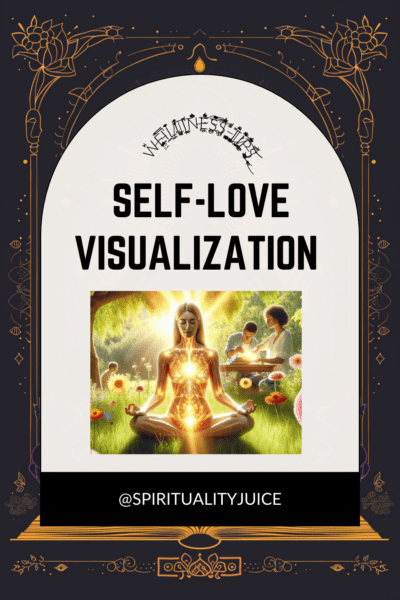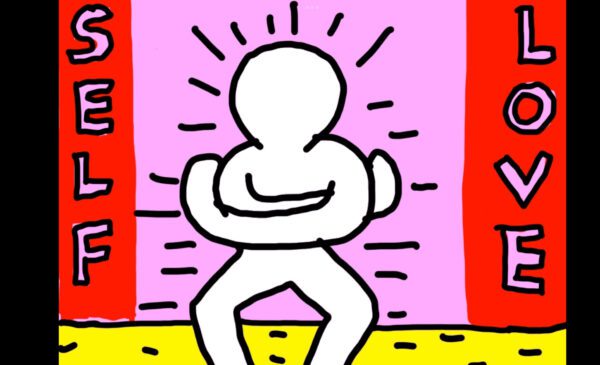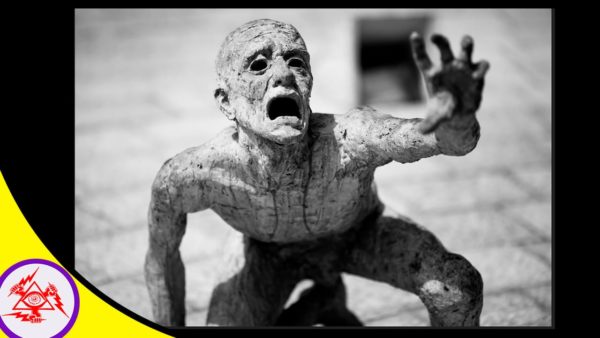Why is there pain and suffering in this world? The initial question is not simple. No attempt could definitely be made to answer it in so short a space. But I’ll do the best I can in this blog.
The question is also as old as humanity, and since the beginning of time philosophers have tried to answer it, however unsuccessfully. Simply put, because it seems to be beyond the human capacity to grasp. Indeed the lack of success is probably due to the fact that we do not know everything about (our) life. We do not know all the details, all the actors, all the reasons, all the plans… But we can guess a few things about the sources of pain and suffering. Mainly by the glimpse, we can glean from the manly legends and novels of humanity
Why is there a struggle and what to do about it.
Why is there pain and suffering in the world? For this, we can look at Ulysses. Ulysses was the king of Ithaca, and when his son was still a baby, he had to leave his home country in order to go to Troy and fight. In the story of Ulysses it is told that after the war, in his journey back home, he stopped together with his brothers in arms on the Island of the Sun. There they have been warned by Circe, the sorceress, that they must face punishment if they were to harm the sacred cows of the Sun-god. However, they didn’t listen to her. As a punishment, all the men were killed, except Ulysses, whose journey back to his beloved wife and son was cursed to take many years.

For this, he would endure many difficulties. The trip took so long in fact, that his son became a handsome young adult, and his wife was assaulted by men who wanted to marry her. This was mainly due to her wealth. We see here that Ulysses’ suffering was a result of trespassing a divine law, despite his awareness of the results.
Happenstance or accidental misfortune
Another story from Greek mythology to explain pain and suffering is that of Pandora. Pandora was a beautiful woman, whose charm was a gift from Venus. She was given as a wife to a mortal man called Epimetheus, who had a box in his house that nobody was allowed to open. One day Pandora, out of curiosity, trespassed the interdiction, opened it, and out of it came all sorts of sufferings and pains that filled the earth. We, like Ulysses or Pandora, trespass every day. In different ways, what we do is against that what the different Circes of our life have warned us not to do, and attract on us the divine judgment, and suffering on those close to us.
Cicero was right to say in this matter that:
“men ought to be the most annoyed by the sufferings that come from their own faults”
Pain and Suffering as a result of contingent free choice
Both stories express clearly the guilt of one person through whom many are afflicted. That reminds us of the well-known story of Adam and Eve, who, according to Christian doctrine, were solely responsible for the affliction of mankind. The question that would arise after reading these stories is what is the reason why none of the forewarned people listen to the gods? The question can be easily extrapolated to all of us, who do not seem to willfully agree to obey any sort of authority. But in order to have a better understanding of pain and suffering, we need to remind ourselves that we are living in an imperfect world, inhabited with imperfect people, who can take imperfect decisions, which can affect the lives of the others.
These are facts, and all the speculations about the “how”-s and “why”-s are endless and pointless and could lead to apostasy, which is far worse than the pain and suffering themselves: “when I beheld human affairs involved in such dense 2 darkness, the guilty exulting in their prosperity, and pious men suffering wrong, what religion I had begun to reel backward and fall” (Claudian).
A Religious perspective to the question: Why is there pain and suffering?
We could approach this topic from a historical point of view, trying to understand how the ancient Greeks, for example, have dealt with it. Or we could approach it from a geographic point of view, and try to see the perspective of various nations regarding it. But obviously, the first reason that comes to mind when asked why is there pain and suffering in this world from a religious perspective.
Unfortunately, people with a post-Enlightenment attitude, would not accept religious explanations. Therefore the task of explaining to them the reason for pain and suffering is almost impossible. They are right to say that it is a sign of foolishness to accept wholeheartedly the mythologies, but it is also a mistake not to take them seriously into account.
The ancient Greek language can prove very well the above statement: Eros (the god of love), Ares (the god of war), and Eris (the god of discord) have very similar names. How else could humans explain the relationship between love, strife, and discord in today’s families? I would also like to emphasize that I don’t want to deal in these paragraphs with truisms, such as the pain and suffering inflicted by some people on other people. They are well known. The lunacy of such groups as the nazis, the Ku-Klux-klan, ISIS, the Red Khmers, obviously was the cause of so much pain experienced by millions of peoples. But we do not need to step out of our homes and go so far as Cambodia to wonder about the reason why people inflict pain upon others.
Ignorance as a cause of pain and suffering
We can see that due to lack of wisdom and love, we hurt those who we are supposed to love. And dealing with suffering is impossible without empathy, feeling deep in our hearts the pain of our friends, neighbors, family. It is impossible to keep our peace of mind while understanding how tragic life is. We should accept that we obviously are part of the problem and that the problems will not be eradicated, because after thousands of years we still did not grab the opportunity offered by Lady Fate to live humbly and trust in her teachings.
Pain and suffering are both an effect of the fall of man and a prophylactic tool. “Vexation gives knowledge”. It seems to be impossible to find a rational answer to this question for a perfect world – but a world could not be perfect if it would have suffered. However, take into account that we are living in an imperfect world, and, worse than that, seemingly under a high degree of control of dark forces, as we can learn from the temptations of Christ: “The devil taketh him up into an exceeding high mountain, and sheweth him all the kingdoms of the world, and the glory of them; and saith unto him, All these things will I give thee, if thou wilt fall down and worship me” (Matt. 4:8-9).
Pain and Suffering as Tools for Transformation

Satan’s statement wasn’t a lie, since Christ didn’t answer him sarcastically. But it would also shout ignorance to consider pain and suffering having only a negative connotation, that should be avoided and rejected, as pain and suffering are both the effect of the Fall and a prophylactic tool as well. The ancient Greeks and Latins, together with the Latin speaking Renaissance scholars, have learned from experience, with seemingly no special revelation, that without pain and suffering people would go out of control.
This is why they opposed such attitudes as gluttony, luxury, sloth, or lust, which are abuses of inherently good things. In other words, in an imperfect world like ours, suffering has an educational and also a prophylactic role.
Many maxims that we inherited from them are supporting this view:
empta dolore docet experiential
experience bought with pain, teaches
*
perfer et obdura; dolor hic tibi proderit olim, Ovid
one day this pain will be useful to you
*
sic delatores, genus hominum publico exitio repertum, et ne poenis quidem unquam satis coercitum, per mraemia eliciebantur, Tacitus
thus were informers, a race of men discovered for public destruction, and never sufficiently restrained by pains or penalties, allured and brought forward by rewards
*
ex duris gloria
from suffering arises glory
*
facito aliquid operis, ut semper te diabolus inveniat occupatum,
be sure to keep busy, so that the devil may always find you occupied
*
puriores caelo afflictione facti sunt, Chrysostom
by their afflictions, they were become clearer than the azured sky
*
Still an other approach is a way we should deal with pain and suffering, that is, by having a manly attitude. The question why pain and suffering exist, from an ancient point of view, can come only from an emasculated society: by bravely enduring it, an evil that cannot be avoided is overcome.
Suffering is easier to speak of than to bear
Unfortunately, it is easier to speak about suffering than about bearing it. This is the reason why the same Renaissance scholars stated that the Stoics, who were mainly advocating this attitude, “when it came to their own turn to be sick, they well perceived that they had spoken rather bravely then truly (John Trapp)”.
Ultimately Pain and Suffering are Necessary
Pain and suffering for the inner person areas the physical exercise for the body. If a person goes to the gym every day, he will gradually be able to deal with greater and greater weights. But if he doesn’t go to the gym, he is not able to compete with the others. They say in the gym that “no pain, no gain”. The same principle can be used successfully in the inner man’s life. Only pain and suffering will make people to be prepared for the difficulties to come. Suffering arises because there is enjoyment and likewise. We tend to think that the polarities between pleasure and pain are somehow negated. However, they are completely integral.
An example of this is the Taoist Ying & Yang symbol. They are both opposites. One stands above the other while the other one is below. However, at any moment the two could switch sides and the other can be on the top and the other on the bottom. What we don’t realize about this dynamic flow of dualism is that it is actually a unity. The suffering is only bored from utter enjoyment and vice versa. They are interconnected and they are one.
Ultimate Suffering
The conclusions we can draw is that the lack of wisdom, the lack of understanding and the lack of love working together affect heavily the welfare of the human soul. We keep rejecting the experience that our parents and ancestors have acquired, and as a result, we condemn ourselves to keep being babies. We are learning continuously what we could have learned from their experience, in a few moments. In this learning process, we are doomed to inflict all the pain that our ancestors produced, and what they would teach us, because of their experience, to avoid.
Despite this weakness of ours, God is all-eyes, as styled by the Greeks, and is represented as Pantocrator, all-powerful. In the Greek Orthodox churches, God is interested in every detail of our life and willing to powerfully support us through our afflictions.
In this life, we are not better than others, and it is an honorable attitude to face it aware of the potential of its pains and sufferings. Jacob, when asked by the Pharaoh about his age, answered that “the days of the years of my pilgrimage are a hundred and thirty years: few and evil have the days of the years of my life been” (Gen. 47:9). But there is always hope for those who do not put their trust in this world, “who are kept by the power of God through faith unto salvation ready to be revealed in the last time” (1Pet. 1:5). Living in an imperfect world, we put our trust in a future perfect world, where there will be no pain and suffering.







